Advance Praise
“What a veritable garden of delights this collection of essays is! Organic, knowledgeable and insightful. Pirbhai recounts her journey as an ‘émigré-settler’ in a fine poetic style, tripping down memory lane with ease, building a rich tapestry of deliciously vivid memories stretching across continents. Her political awareness and cultural depth are layered with humour and self-irony. I was genuinely sorry when I got to the end.” – Rukhsana Ahmad, author of Song for a Sanctuary and River on Fire
“A novice tree planter and gardener and self-described émigré-settler on Indigenous lands in Canada, Mariam Pirbhai’s cascading essays in Garden Inventories: Reflections on Land, Place and Belonging are an enticing metaphoray, as Robin Wall Kimmerer states it, a walk through one’s world with all of the senses – mind, body, emotion, spirit and imagination – in search of home. Pirbhai’s keen observations of North American obsessions in gardening, her musings aloud on land and ownership, and the often unspoken relationship with Indigenous peoples, are informative and revealing. She invites readers to take a meditative walk through time with her as she names, compares, evaluates and reconciles the life of plants and trees native and non-native to North America, to the Grand River region and to the small garden that she and her husband tend to in southern Ontario.” – Rita Bouvier, author of A Beautiful Rebellion
“At a time of increasing dislocation around the globe and a massive re-evaluation of what it means to have the pleasure and privilege of roots in a place, Mariam Pirbhai’s Garden Inventories: Reflections on Land, Place and Belonging asks us whether there are other ways to create and sustain relationships with the land besides birthright. Moving from the many locations she has called home over the years to the small piece of land on which she currently lives and gardens with her husband, Pirbhai notes, ‘We have brought our own stories of land and homeland to this garden, as we listen carefully to the stories that it has, in turn, shared with us.’ Whether exploring on the keen focus on gardening in North America or the fraught concept of land ‘ownership,’ she is, above all things, attending closely to place and holding her many landscapes in intimate, revealing conversation.” – Jenna Butler, author of Revery: A Year of Bees and A Profession of Hope: Farming on the Edge of the Grizzly Trail
“Garden Inventories explores ways to decolonize our desire to create home on native land. Mariam Pirbhai and her husband are descendants of immigrants from Pakistan and Guatemala. For the last seventeen years, they’ve been making home in Waterloo, Ontario. Their migrant histories have given them contrapuntal vision that sees between what they learned in other places and the place where they now live. It’s not lost on them that their new neighbourhood is called Colonial Acres. In essays that defamiliarize the global migration of roses, the cultural hegemony of lawns, the multigenerational rite of ‘going to the cottage’ and their effects on Indigenous lives and biomes, Pirbhai tracks between what she learned from the lands that were and what she’s now learning from the land that is about how to participate in a new balance that can foster a healthy land that will be for the future.” – Daniel Coleman, author of Yardwork: A Biography of an Urban Place
“In Garden Inventories, award-winning fiction writer, émigré and nature-watcher extraordinaire Mariam Pirbhai compels us to look twice at everything – from lawns to the Precambrian Shield to mulberries in her garden – for what they are, here and now, and what they represent elsewhere and in another time. With delightful and intelligent prose, Pirbhai crosses nature-nurture, east-west and observer-tinkerer divides in the world of plants. Each chapter is an exuberant local journey of curiosities and sensibilities, eschewing nostalgia. This makes for a refreshing, essential addition to Canadian nature-writing literature.” – Madhur Anand, Governor General’s Literary Award winner for Nonfiction and Professor of Ecology

